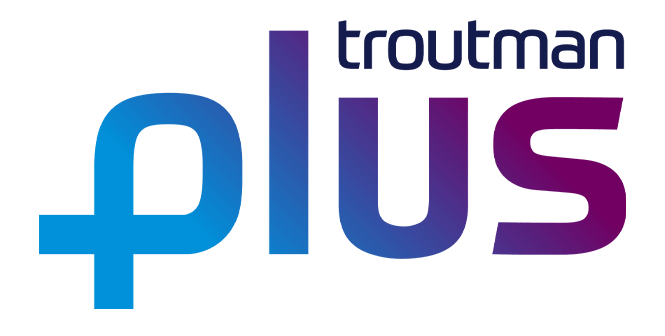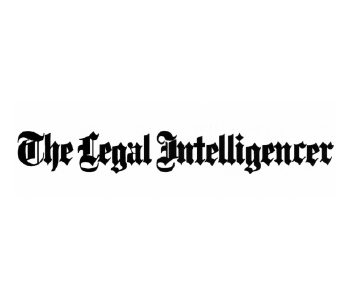June commemorates diversity, equity, and inclusion (DEI) with the celebration of Pride Month and Juneteenth. In keeping with this month’s emphasis on DEI, this installment of the Client Care Corner focuses on DEI’s growing importance within the legal sector.
In the last few years, clients of all sizes have made a conscious effort to increase diversity within their organizations and have implemented policies and practices with their outside vendors to create more opportunities for historically underrepresented groups.
Our clients recognize the value in working with and employing diverse individuals. Dan Pulka, Chief Client Care Officer at Troutman Pepper, has seen this firsthand. “Diverse teams have diverse viewpoints, which often lead to better results,” Dan said. “This is one of the many reasons clients are asking for more diverse teams to work on their matters – it makes good business sense.”
When conducting client feedback interviews, we often ask clients about the DEI metrics, initiatives, and firm behaviors that are most important to them. We also are having an increasing number of meetings with clients to discuss how we can partner with them on DEI efforts. Below are some common DEI themes and takeaways we have gathered from client feedback.
Meeting DEI Benchmarks and Metrics
As a starting point, many clients look to see whether their outside counsel are meeting DEI-related benchmarks, including certain DEI rankings issued by third-party organizations. One of these is Mansfield Rule Certification, a program run by the Diversity Lab. Troutman Pepper is Mansfield 4.0 Certified Plus, which indicates that, in addition to meeting baseline certification requirements related to senior lateral positions, partner promotions, formal pitches, and leadership and governance roles, the firm has successfully reached at least 30% minority lawyer representation in a number of its current leadership roles.
Similarly, the Human Rights Campaign Foundation’s Corporate Equality Index (CEI) is a national benchmarking tool for corporate policies related to the LGBTQ+ community. Troutman Pepper has received a perfect score in the CEI for the last 14 years. Although these benchmarks are a good way to establish baseline expectations related to DEI, we are increasingly seeing clients ask for more from their outside counsel.
Meaningfully Engaging Diverse Attorneys
Beyond simply hiring diverse attorneys, law firms must offer true opportunity. It is not enough to include diverse attorneys in a pitch or to add diverse members to a team. These individuals must have significant opportunities to contribute and must be given the tools and resources to succeed.
Clients want to work with diverse teams at all levels — including paralegals, associates, and partners — and we find that clients are often willing and eager to work with outside counsel to provide opportunities to diverse team members. One example of this is the Leadership Council on Legal Diversity’s 1L LCLD Scholars Program, where diverse summer associates spend time with both an in-house legal team and with a participating law firm. Troutman Pepper participates in the program each year, and we have seen an enthusiastic response from clients wanting to work with us to host these talented young attorneys.
Creating an Inclusive and Equitable Space
The “E” in “DEI” stands for equity, but what does equity actually mean? Equity means examining the fairness of the policies and practices of the institution and eliminating barriers that may prevent equal treatment, access, and opportunities for all. We all show up with differences due to background, exposure, opportunities, networks, and more. Clients have told us that they want the firms they work with to focus on equity in addition to diversity because it demonstrates a firm’s understanding of workplace disparities and the desire to eliminate them.
To encourage equity, firms should first acknowledge where inequities may exist and seek to address them in a manner that supports each employee’s individual success. Troutman Pepper did this by conducting a firmwide DEI assessment to uncover gaps, strengths, and barriers related to equity and inclusion; develop responsive strategies related to hiring, retaining, developing, and promoting diverse attorneys; and enhance our inclusive culture.
The third piece of DEI is inclusion. Inclusion ensures all opinions and voices are heard, acknowledged, and valued. Clients frequently stress the importance of inclusion, as including diverse voices leads to more creative ideas and better results. To make progress toward inclusion, firms must create environments where diverse backgrounds are acknowledged and celebrated, and where individuals are empowered to bring their authentic selves to work every day.
Meet Sarosha Parsons
In her role as Client Care Coordinator, Sarosha uses her legal marketing background to provide value to clients, develop creative and innovative solutions to clients’ needs, and ensure all clients receive consistently excellent service. Sarosha graduated cum laude from Franklin and Marshall College with a bachelor’s degree in government and Spanish.
Meet Samantha Varghese
Samantha is a former Client Care Coordinator at Troutman Pepper. She understands and appreciates the value and impact of client care and hopes to display that in all her work product. Samantha graduated cum laude from the University of Georgia with a bachelor’s degree in advertising and a certificate in entrepreneurship.




